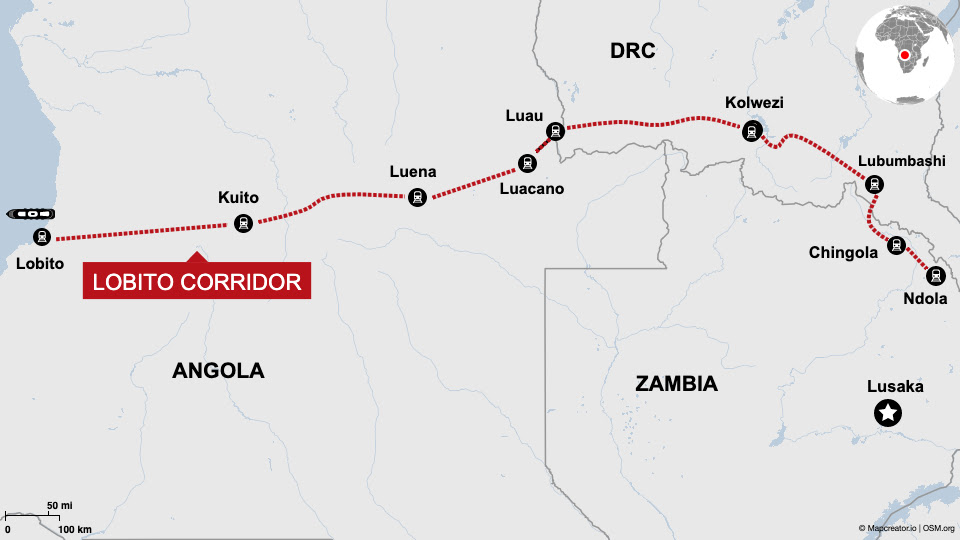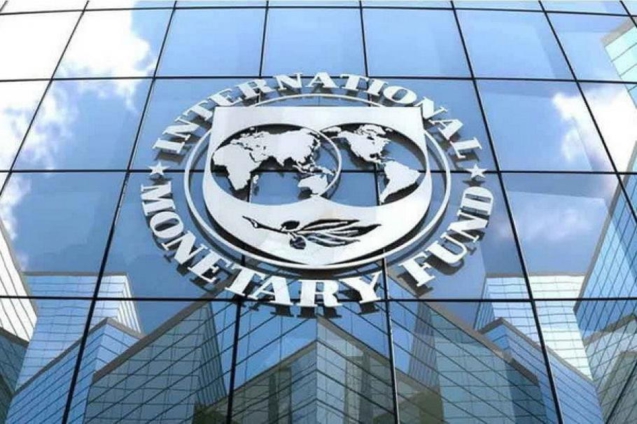Media report about a series of digital intrusions against key Kenyan ministries and state institutions allegedly carried out by Chinese hackers has sparked debate in the East African country about the security of the nation’s systems.
The report about China, Kenya’s largest creditor, carrying out hacking attacks on the East African country’s government that was published by Reuters last Wednesday May 24 left many Kenyans in disbelief and wondering how secure actually their systems are and how prepared they are to repel similar attacks.
The report claimed that, based on information from three sources, cybersecurity research reports and Reuters’ own analysis of technical data related to the hacks, from 2019 until late 2022, Chinese hackers infiltrated Kenyan government networks as its debt piled up. A senior Kenyan security official on Thursday dismissed the Reuters report as “propaganda”, while China, through its embassy in Kenya, has debunked the claim that it funded a cyber-espionage campaign against the government in the East African nation, calling it an attempt to “sow discord between Beijing and Nairobi”.
After President William Ruto took office in September 2022, Kenya began to reduce borrowing from Beijing even as the latter began adopting a more cautious lending approach post-Covid-19 over concerns about debt piling for African countries.
As of January 2023, Kenya’s external debt stood at $34 billion, a sixth of which was owed to China, which remains the East African nation’s largest creditor after the World Bank. China has been criticized in recent years for what is known as “debt-trap diplomacy,” the art of leveraging the debt burden of its debtors to expand its influence abroad. In 2017, bugs were found at the headquarters of the African Union (AU) in Addis Ababa, five years after its investigations revealed that classified data belonging to the AU were being copied to servers in Shanghai.
The Chinese government funded large portions of the Kenyan Fiber Optic backbone, which was built by Huawei. China also co-funded the ‘Pakistan, East Africa, Connecting Europe’ (PEACE) undersea cable as part of the Digital Silk Road Project



